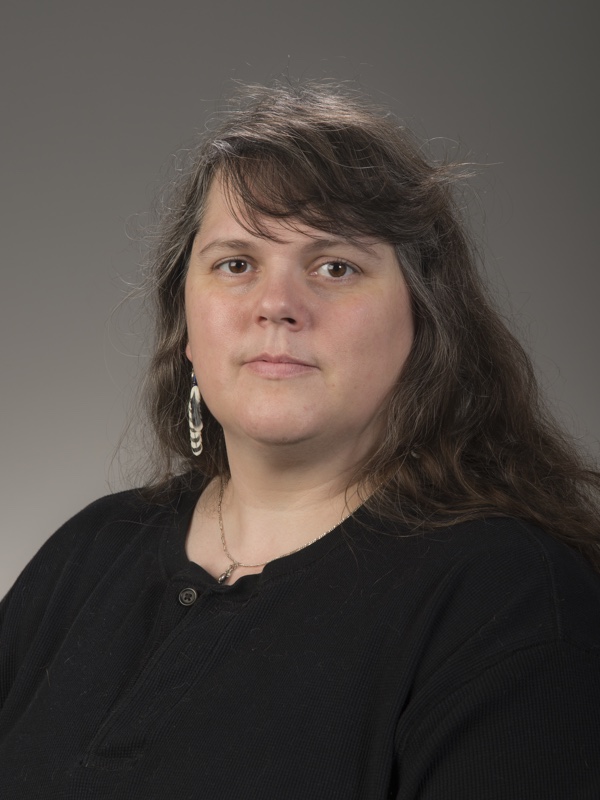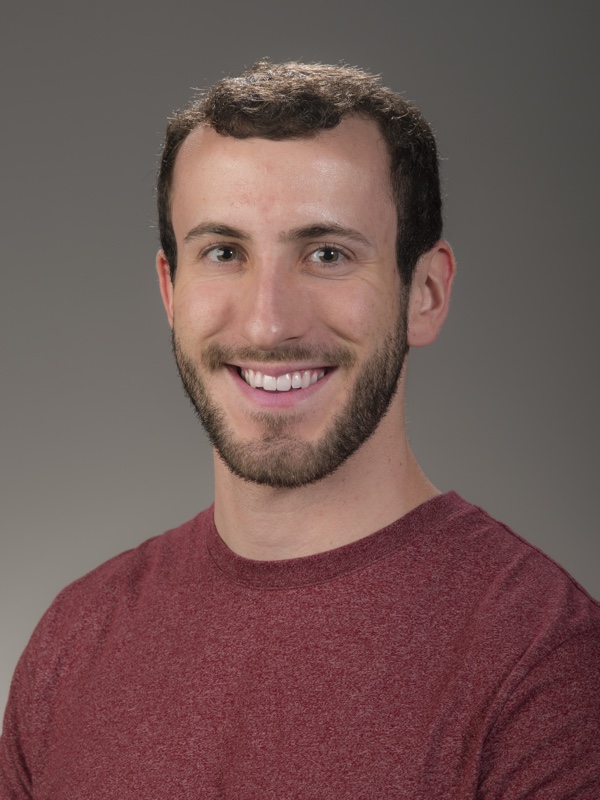Nunemaker Lab Recruiting Undergraduates for Summer Research Program
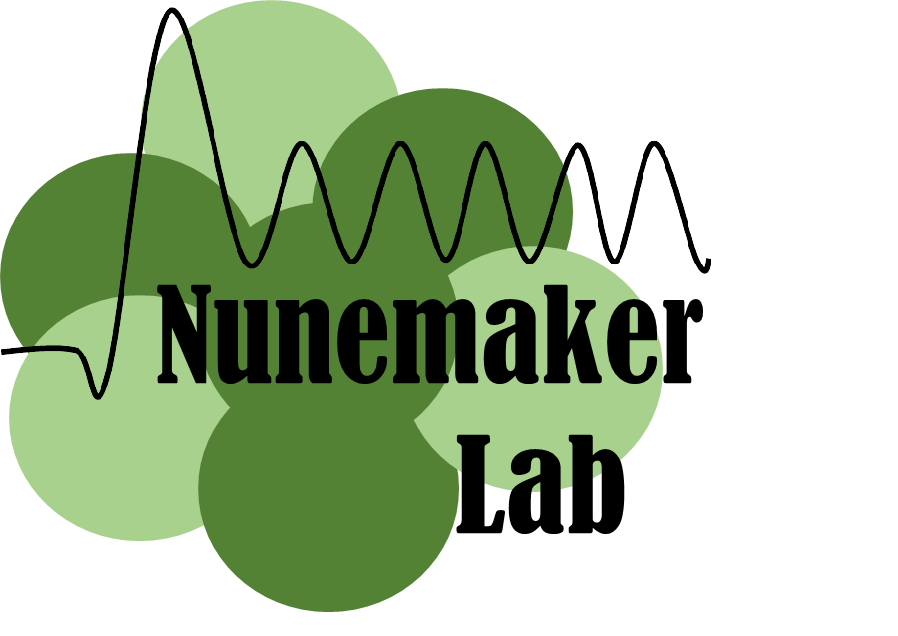
(February, 2023) Our lab is now seeking an undergraduate student to perform diabetes-related research for 10 weeks over the summer. The student will be funded by the new Diabetes Institute Summer Interprofessional Research Experience (DISIRE). The student will gain valuable research and professional experience useful for graduate and medical school applications. More information on the program can be found here. If you are interested in applying, please contact Dr. Nunemaker via his email or the contact form below.

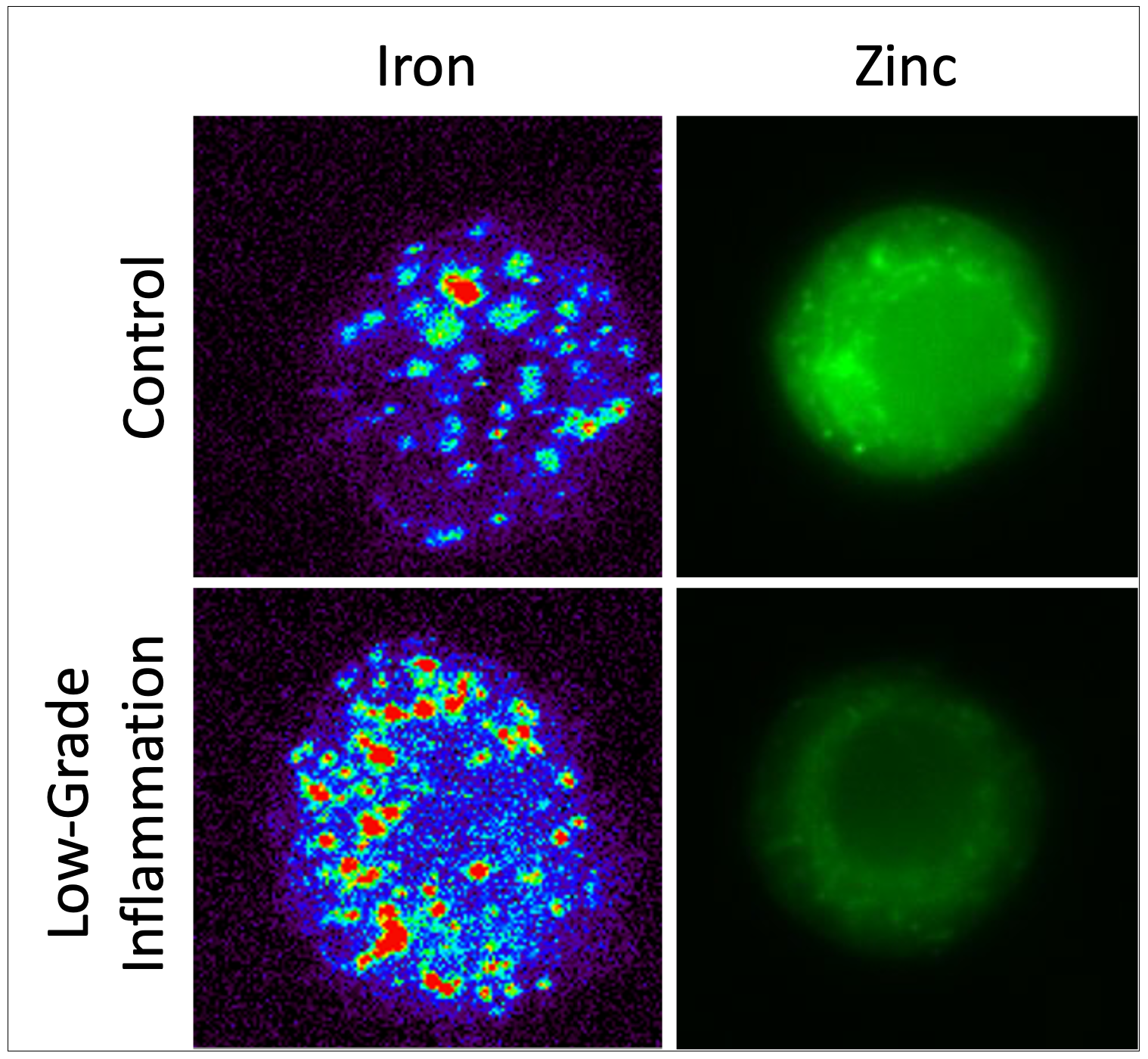
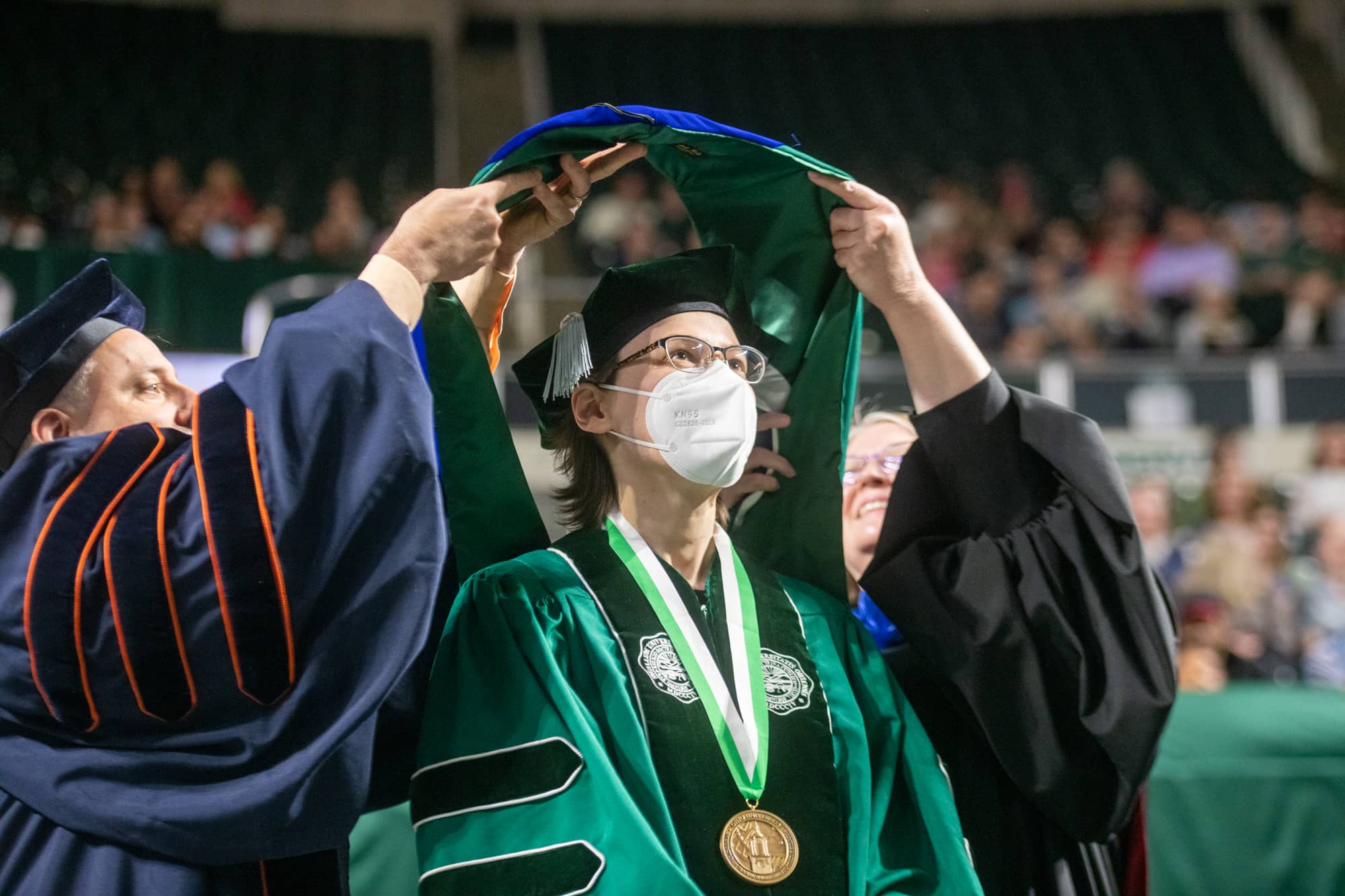
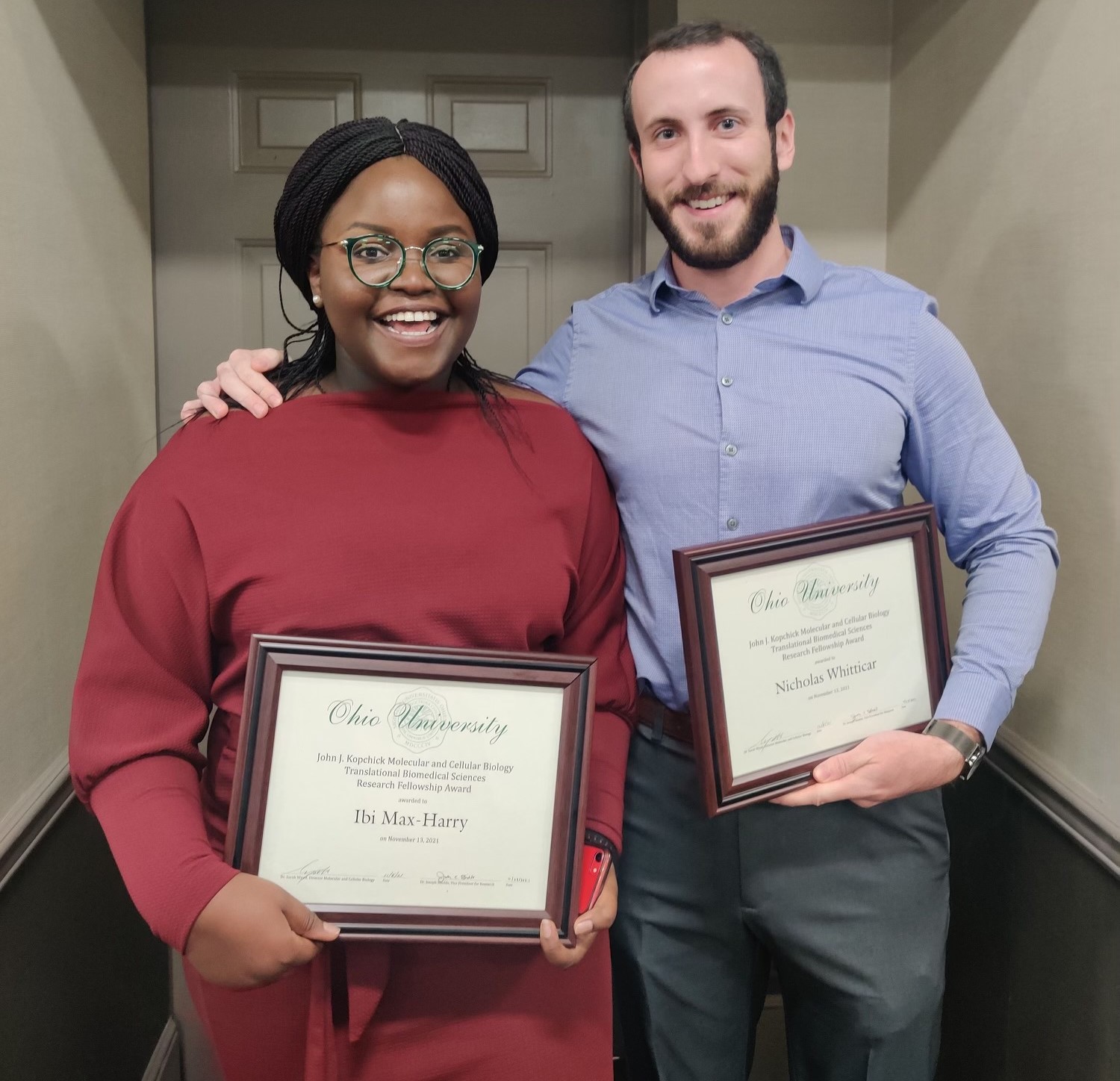
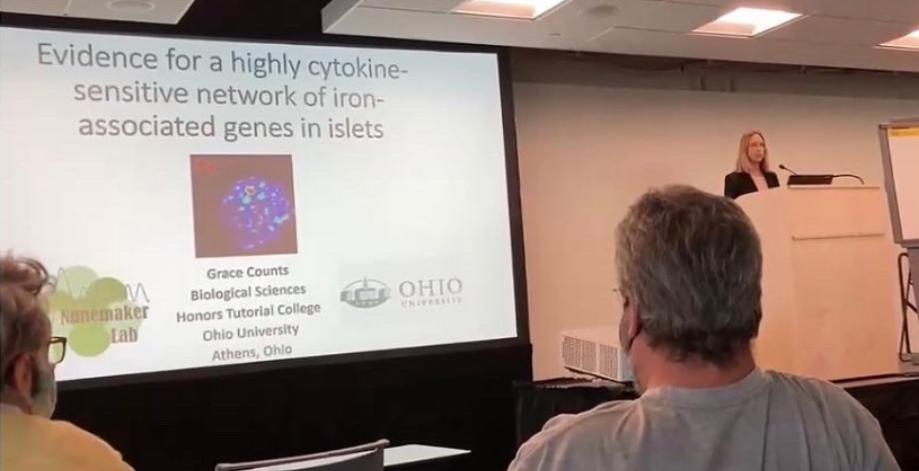
 Without insulin, your body would not be able to regulate how much fuel (glucose) to provide to your muscles or how much energy should be put into storage as fat. Without insulin, you get diabetes (too much sugar in the blood, and not enough where it belongs). My lab studies the cells in the pancreas that make and release insulin in order to learn how they help to regulate energy needs of the body and to learn how to fix what goes wrong with the beta-cells in type 2 diabetes.
Without insulin, your body would not be able to regulate how much fuel (glucose) to provide to your muscles or how much energy should be put into storage as fat. Without insulin, you get diabetes (too much sugar in the blood, and not enough where it belongs). My lab studies the cells in the pancreas that make and release insulin in order to learn how they help to regulate energy needs of the body and to learn how to fix what goes wrong with the beta-cells in type 2 diabetes. 
